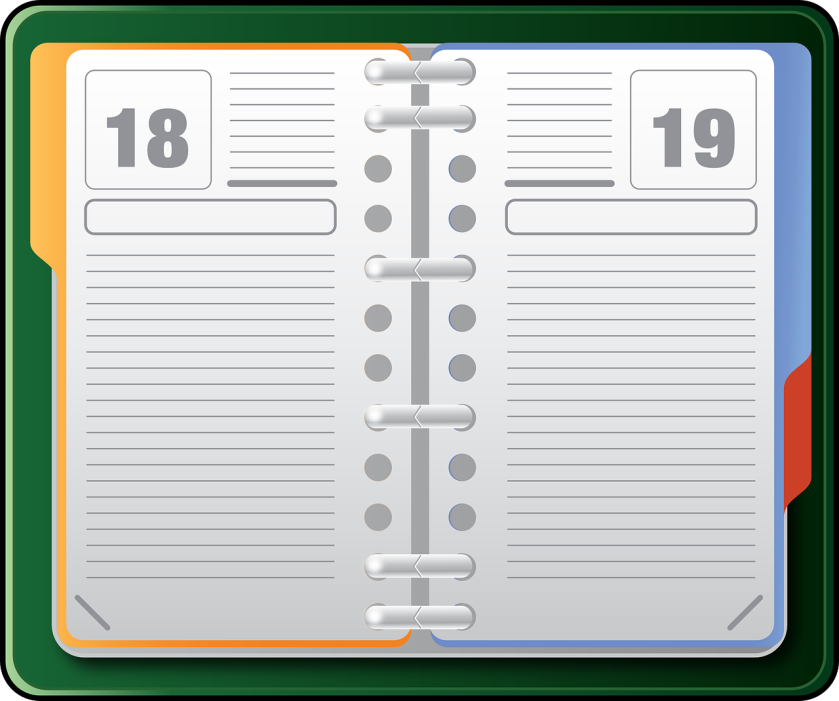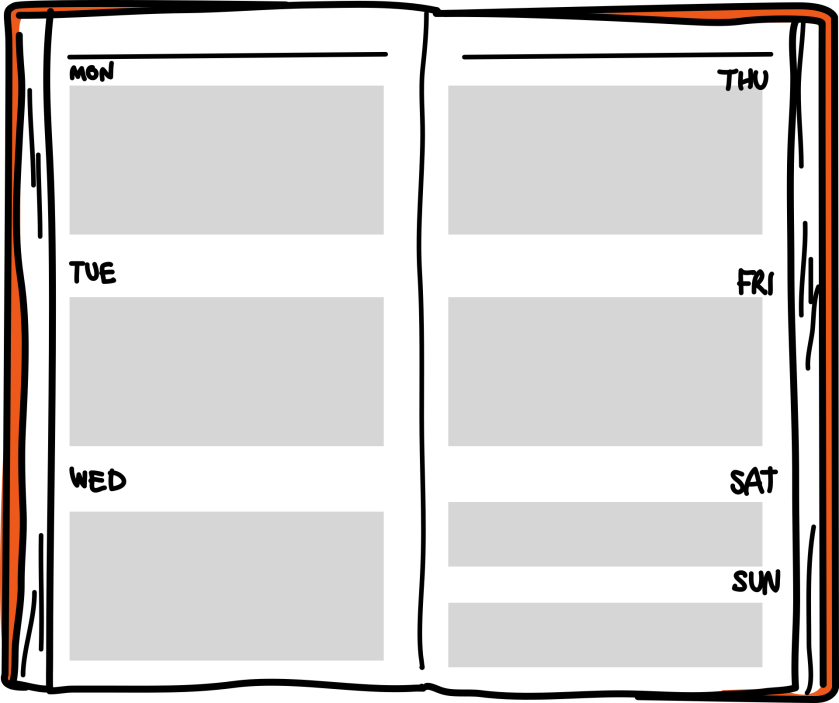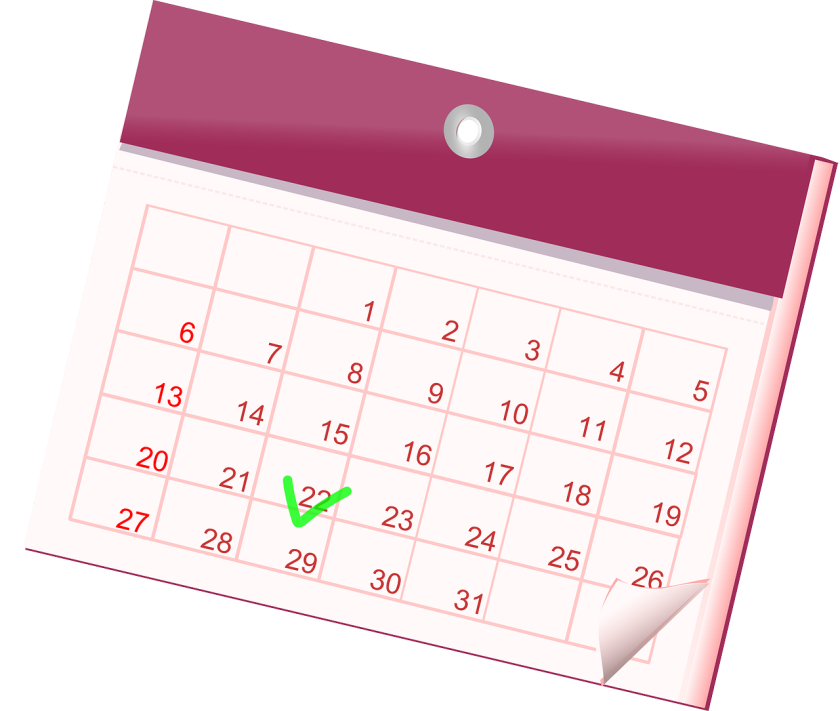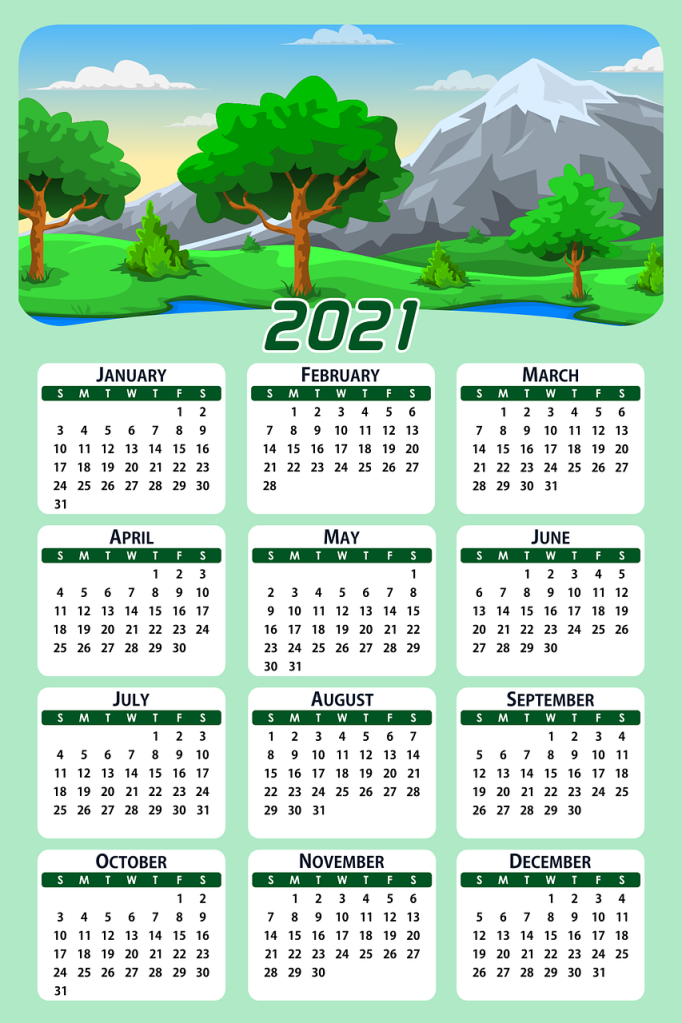A solid long-term marketing plan is a big factor in determining success.
Daily Marketing Tasks
Social media posts should be going out daily, but that doesn’t mean you have to do it daily. Schedule a full week in advance to free up time by using services like Buffer, Hootsuite, TweetDeck, or Sprout Social. Which will work best will depend on which social media platforms you plant o use, how far in advance you want to schedule, and your budget.
Once you have your posts going out, make sure to engage! Respond to comments and messages, like and thank shares, and follow/friend as you see fit. Join conversations about books and publishing as well.
If you’re going to blog, always be on the look out for content ideas and plan your schedule. Even if you aren’t going to blog weekly, you should always be gathering topics and ideas.
Starting pinning on Pinterest and engaging with followers by liking/pinning their pins. Posting around 5 pins per day has been shown to help grow traffic on Pinterest.
Keep a running list of links, stories, pictures, etc. that you can share as content on social media. Also curate a list of posts that get good engagement and reshare them every so often.
Answer all messages and emails you receive, even if it’s just a quick thank you.
Review analytics of posts and ads daily so you know what’s working and what’s not.
Research new information and opportunities. Never stop learning because the marketing world never stops changing!
Weekly Marketing Tasks
If you are going to blog, blogging is a good way to keep fresh content rolling in and keeping your website relevant in search results.
Small focused promotions also work well on a weekly basis. These may include small giveaways ($5 gift card, ebook, bookmark, etc.), contests with small prizes, newsletters, questions posed to readers on social media, etc.
To break up your promotion submissions, send a few each week. Rotate through your books if you have more than one. Keep in mind any upcoming promotions you have as you submit and plan accordingly.
Review ad performance over the past week and make changes or turn off ads that aren’t performing well.
Cross promote with another author through newsletter or social media post swaps.
Send out relevant email blasts if you have news that wasn’t included in your last newsletter and can’t wait until the next schedule newsletter. Don’t overuse this!
Pick a day to sit down and schedule daily posts for the next week.
Monthly Marketing Tasks
Plan a medium-sized focused promotion, such as a giveaway with a slightly bigger prize ($10-$20 gift card, paperback book, etc.), offer a book for sale or make a special offer with purchase, or hold a contest.
Send out your regular monthly newsletter (if that is the schedule you choose), and include all relevant updates from the previous month and news about what is coming up in the next month.
Seek out reviews from fans, bloggers, services, etc. Set a realistic goal for how amny reviews you want to get each month through direct interaction.
Focus on one book or series each month. Plan your social media posts, review offers, free books, Pinterest board activity, character interviews, etc. around the book or series you are featuring that month.
Incorporate any holidays or events into your posts and promotions. If you want to include listing sites or ads, plan these well in advance if it’s around a holiday.
Plan the next months ads and create the graphics you will need so you aren’t wasting time later trying to create or purchase them at the last minute. Review monthly analytics and make adjustments as needed.
Yearly Marketing Tasks
Schedule 2-4 big marketing pushes for the year. These may be centered around a new release, holiday, event, birthday, etc. If you can plan a few outside of times when everyone else is engaging in marketing pushes (holidays), you’re likely to get more interest.
Be as creative as possible with events, posts, and prizes. Try new tactics and evaluate whether or not they worked.
Plan your release schedule for future books and, if possible, spread them out evenly throughout the year. Be realistic, though!
Set goals for the next year for growth and plan for how to reach those goals.






